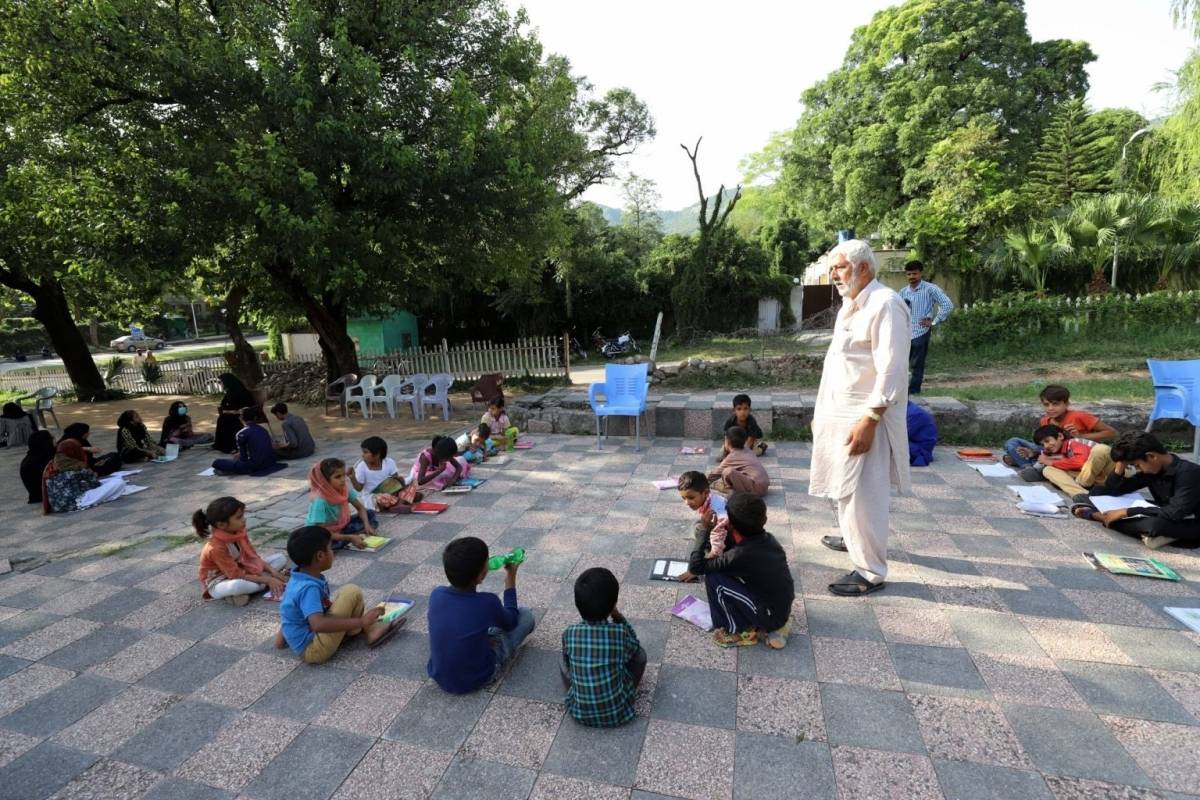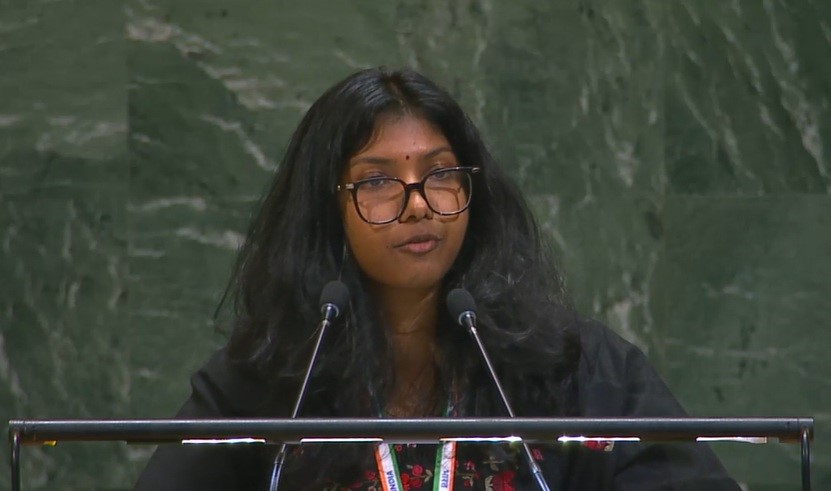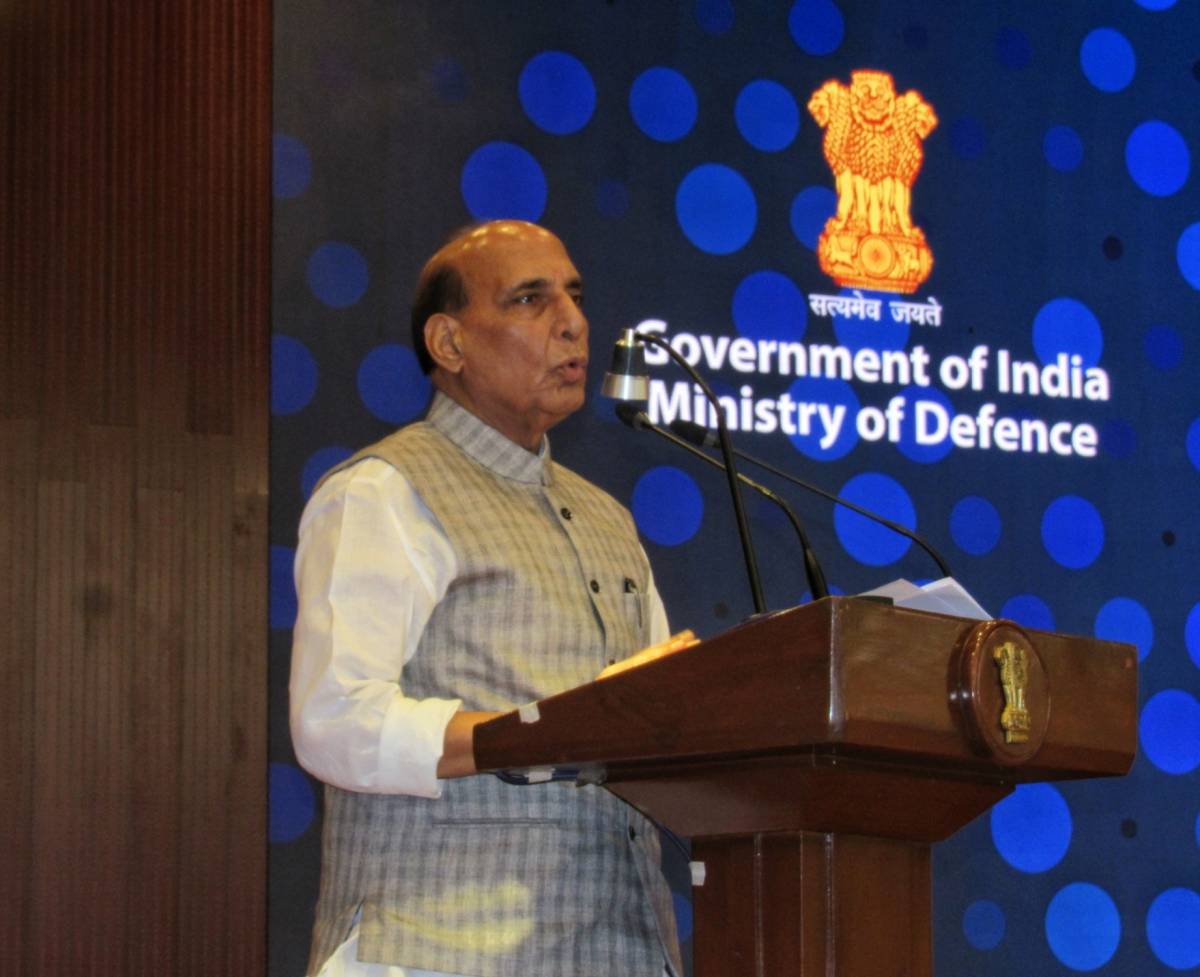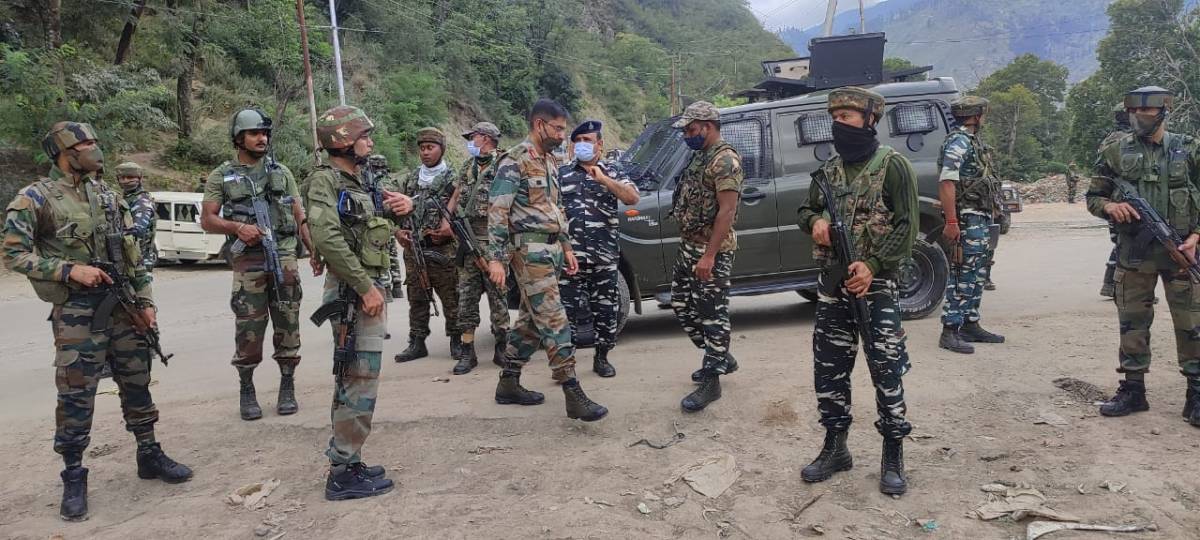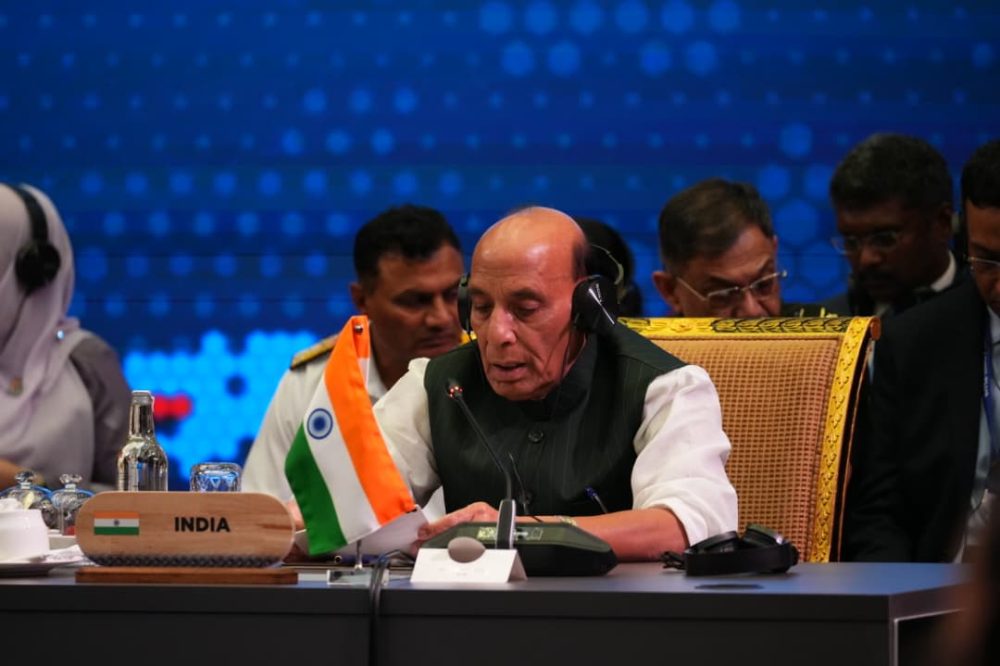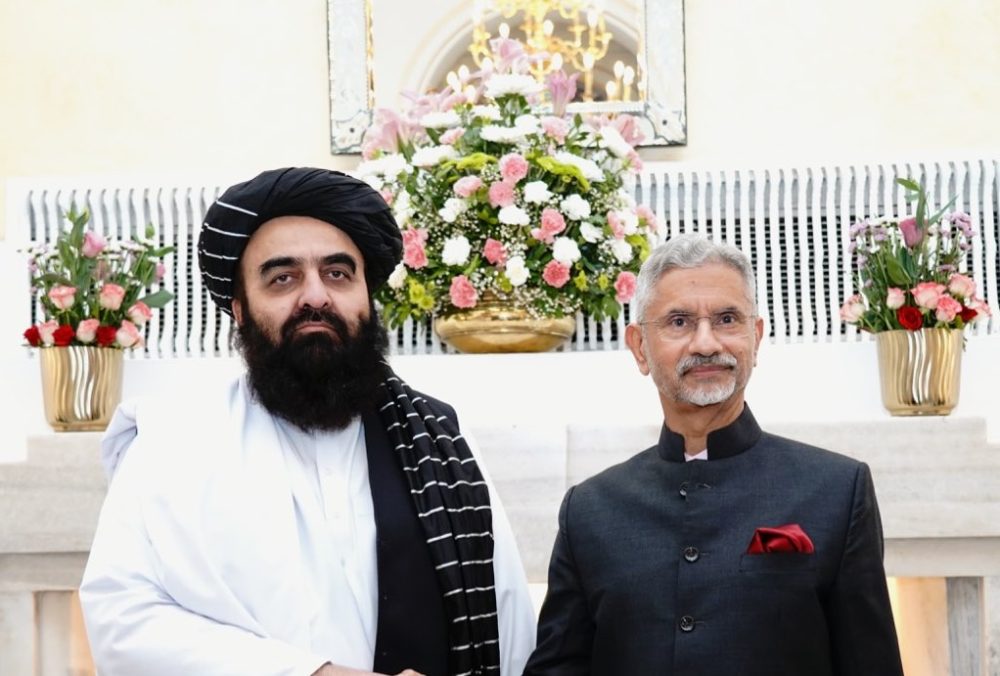Based on observations and surveys in Balochistan, the study also hints at the dysfunction of the education system and its inability to inculcate basic intellectual and cognitive skills…reports Asian Lite News
Public education in Pakistan has mostly been used to promote ideologies and narratives produced by the state with an aim to manufacture uniformity of thinking at the mass level and deter ethno-centric tendencies, according to a report by Pak Institute for Peace Studies (PIPS).
PIPS is an Islamabad-based research and advocacy organisation. The institute undertakes independent research and analysis, academic programmes, and hands-on training.
Such an education policy was conceived and implemented supposedly for the purpose of national unity and harmony, and it entailed rote learning, teaching of vague and confusing ideologies, as well as limitations on academic freedom on campuses.
“As a result, intellectual growth among the students was checked by such a schooling system. On the other hand, this policy has contributed to social chasm, fostering faith-based polarisation in the wider society,” the report said.
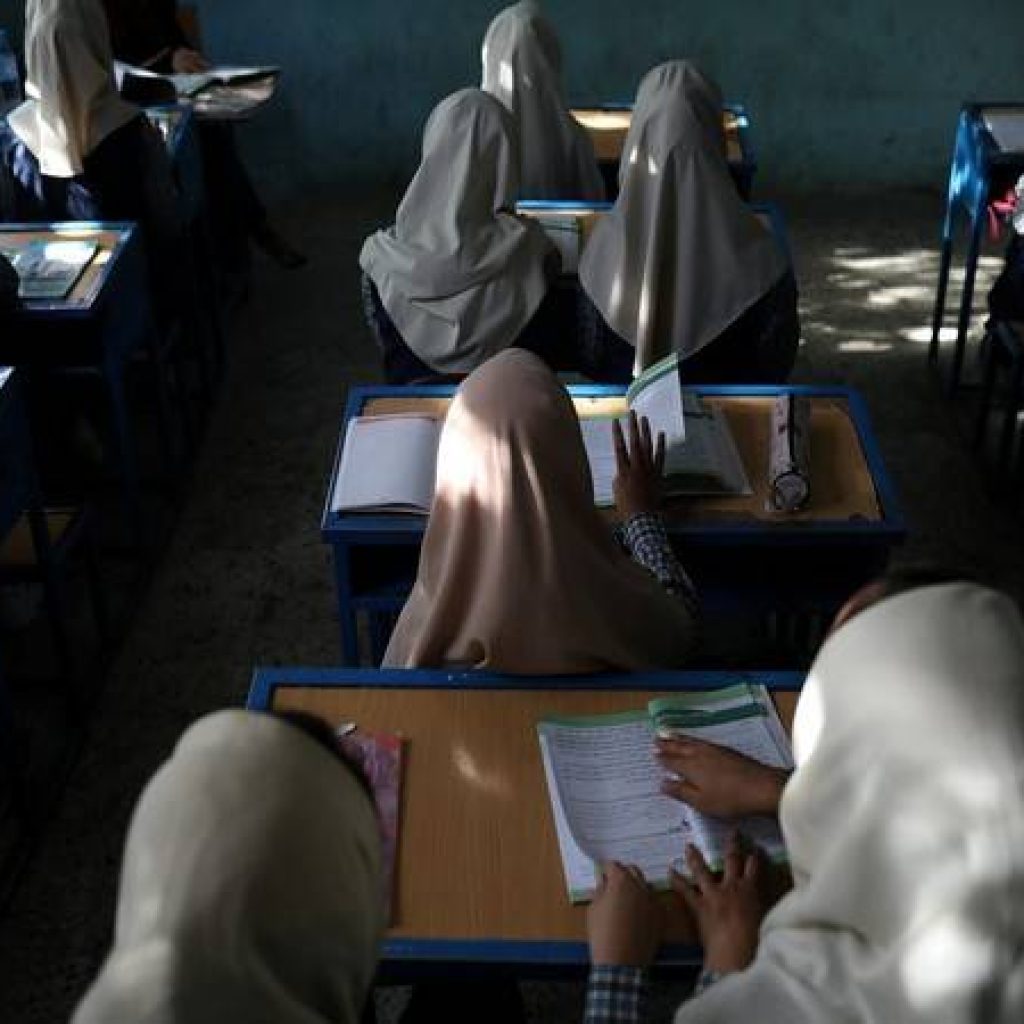
A study by PIPS indicates a troubling impact of instability on the thinking and outlook of the youth in Balochistan.
Based on observations and surveys of over hundred university students in Balochistan, the study also hints at the dysfunction of the education system and its inability to inculcate basic intellectual and cognitive skills such as rational thinking and reasoning among students. Even at graduate levels, the youth were found to be struggling to process simple to moderately complex ideas logically, using available evidence, the report said.
ALSO READ: Inflation Undermines Imran Grip on Power
The study also touches upon the impact of instability and deprivation in Balochistan on thinking patterns among the youth. Sense of lacking was nearly unanimous among the university students, and many exhibited feelings of victimhood.
The roots of this sense of disconnect from the national mainstream can be traced in the province’s tumultuous political history. The region was used as a major launchpad for the US-funded jihadists that fought the Soviets in Afghanistan in the 1980s, and under the military regime of General Pervez Musharraf, parallel wars of separatism and sectarianism wreaked havoc with the provinc
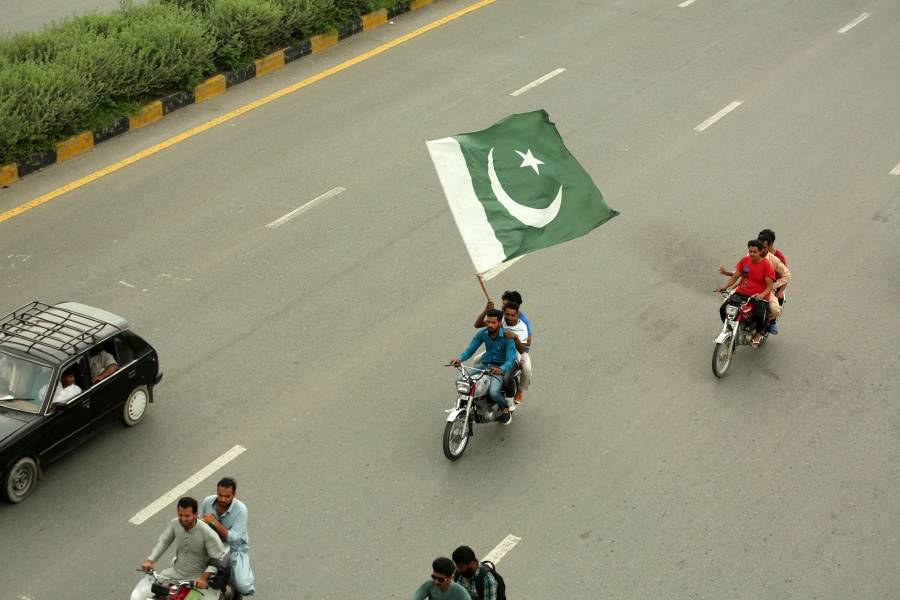
The wreckage of the past continues to influence the social and political dynamics in the province, and inform the Baloch public’s outlook and thinking today.
The study warns that poor cognitive skills among the educated youth can have social and political implications like harbouring twisted worldviews or stereotypical thinking, etc. This also makes the youth vulnerable to propagandistic and extremist narratives. Poor cognitive skills, caused by poor education, also cost the youth in terms of employment, especially in the international job market where critical thinking and reasoning and problem-solving skills are essential.
Based on findings, the study calls for specific changes in educational curricula in order to improve the intellectual skills of the youth. The teaching of critical thinking and reasoning must be incorporated in the syllabus, and lessons on the importance of democracy and shared citizenship should also be included.
The report also urges the government to purge the textbooks of divisive contents that advocate faith-based discrimination and calls for the inclusion in the textbooks of constitutional provisions on civil liberties.


